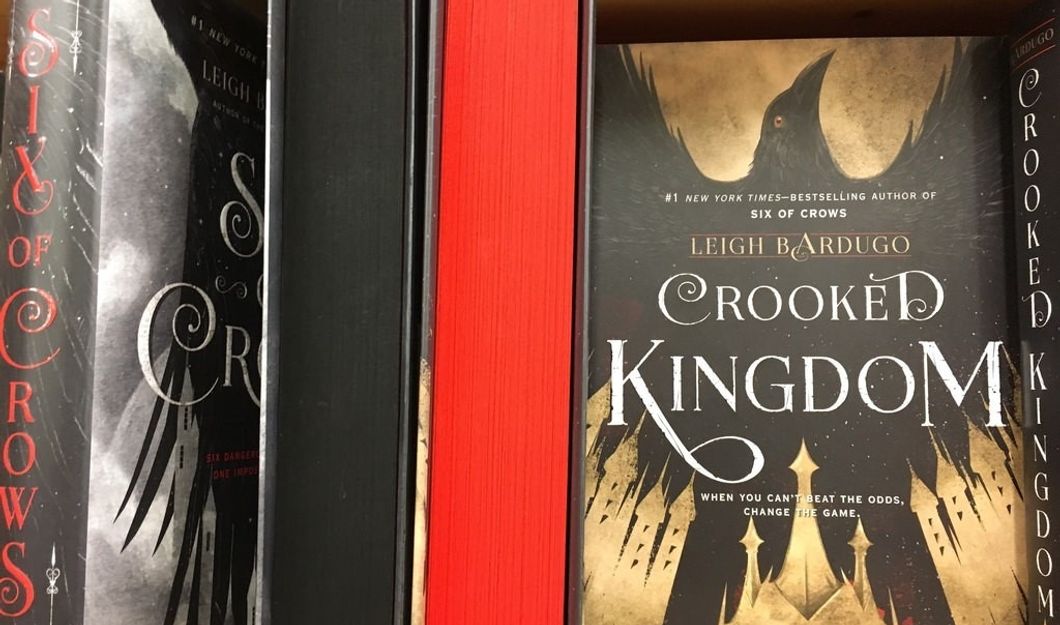If you're quiet and have black hair, odds are you have been called "mysterious." It was most likely unprompted, while you were eating lunch or just talking to a friend, and was probably said by a white dude who's just trying to "figure you out." Why? Who knows. Is it a compliment? Who knows. It's a comment that's about one degree away from calling you "exotic," but this time the fact that you don't just talk to this man makes you a puzzle to solve in his eyes.
In fiction, this is doubly true. If you have dark hair, you are instantly a shadowy creature. Quiet, dark-featured characters, especially women, even more so. They're mysterious, they're shady, they're a little spooky in their silence. If they're not a complete mystery, they are, at the very least, kinda evil. I cannot even imagine a blonde woman being described as hiding in shadow or sparking mystery, because it is always these black-haired, dark-featured girls who are constantly drilled into our minds as puzzles, shadows, witches. And, as unfortunate as this trope is, there's no doubt my childhood (and adulthood) love of female villains is more than a little tied to how easy it is for me to physically see myself in them.
So, it's no question why I found myself both instantly attracted to and wary of the way Inej is written in Leigh Bardugo's fantasy heist novel, Six of Crows. Inej is a dark-haired, silent killer. Her dark features hide her well in the shadows. She is hardened, impossible to read. Her silence allows her to exist in rooms unnoticed, causing half the characters to jump when she finally speaks because they didn't even realize she was there. She is, at first, that age-old trope.
But this book has several narrators, one of them being Inej herself. And, in truth, she's none of that. She's not a mystery. She's not scary. If you look at her from afar, you only see the dark-eyed mystery girl trope. Take a step closer, though, and she becomes human. So, in Matthias' perspective, Inej remains a phantom. From Nina's perspective, Inej is a close friend to sing and share waffles with.
And it is so refreshing to see a character break out of the trope I've grown up on, especially in this way. So often, quiet female characters remain quiet constantly, even with friends, or have some hidden reason they're quiet, or they really do just need that One Man to figure them out. But Inej is quiet around some people, talkative around others, and easy to figure out if you just get to know her. You know, like an actual quiet person.
I have told multiple fans of this book of my love of Inej, and, more often than not, the response is, "Of course you do. She's you." For some, this means, "Of course you do. You've got the same personality." For others, though, despite Leigh Bardugo's excellent portrayal of Inej, it means, "Of course you do. You're both dark mystery women." And until we have more characters like Inej in fiction who break through this trope, women like her and I are going to have to continue finding the flattery in comments like that, just as we did as children playing the Shego to our friend's Kim Possible on the playground.






















